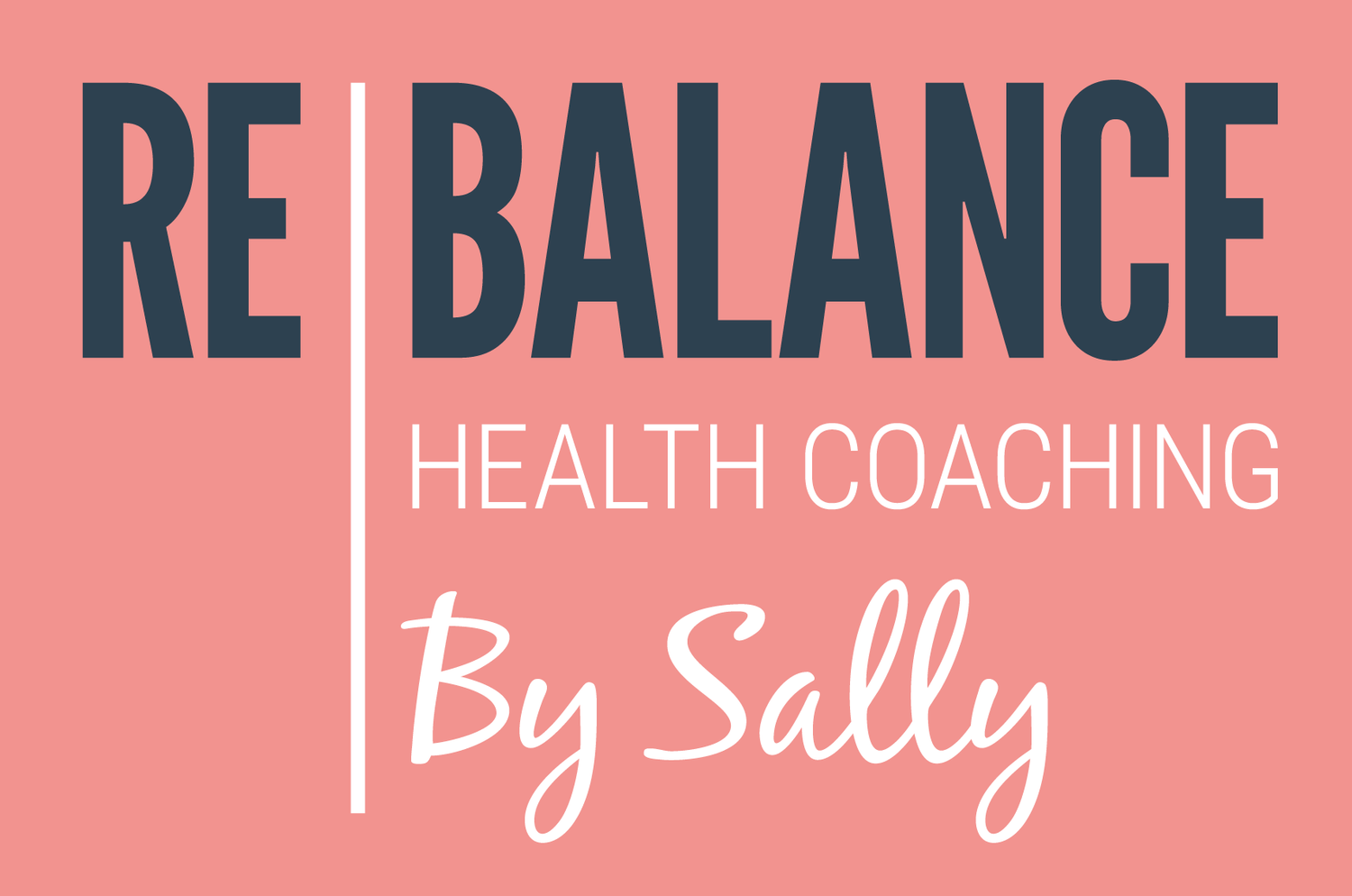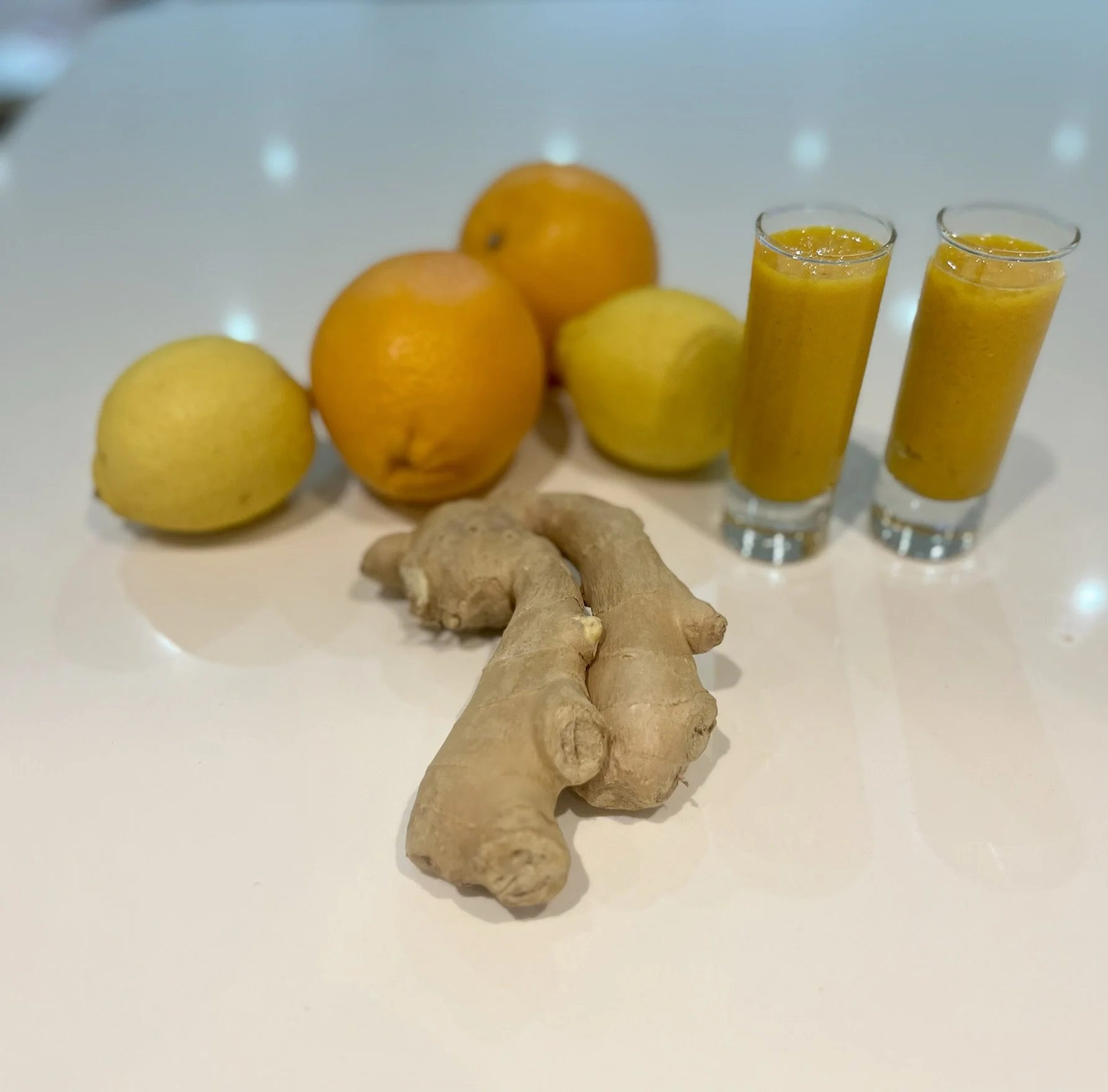Foods to Boost Mood During Menopause
Menopause is a significant transitional phase of life, often bringing with it a variety of symptoms that can affect mood, such as anxiety, depression, irritability, mood swings, rage, brain fog, and memory loss.
Food choices can play a crucial role in managing these mood related symptoms.
Impact of mood related symptoms during menopause
If you’re experiencing any of these mood related symptoms it can have a huge impact on all areas of life and your well-being:
Relationships: Mood swings and irritability can put a strain on relationships with colleagues, family and friends. Increased sensitivity and anger outbursts can create conflicts and misunderstandings.
Work Performance: Brain fog and memory loss can impair cognitive function, making it challenging to concentrate, make decisions, and complete tasks efficiently. This can affect professional performance and productivity.
Social Life: Anxiety and mood instability may lead to social withdrawal, reducing engagement in social activities and causing isolation, which can further exacerbate feelings of depression and loneliness.
Self-esteem and Confidence: The cumulative effect of these symptoms can lead to a decline in self-esteem and confidence, impacting a person’s motivation and outlook on life.
Mood boosting foods
Food choices can play a crucial role in managing these mood related symptoms. Here's a guide to foods that can help boost your mood and alleviate some of the common menopausal challenges.
1. Oily Fish
Oily fish such as salmon, mackerel, sardines, and trout are rich in omega-3 fatty acids. These essential fats have been shown to reduce inflammation and promote brain health, which can help alleviate mood swings, anxiety, and even rage. Omega-3s are known to support neurotransmitter function, which is crucial for maintaining a stable mood.
2. Leafy Greens
Leafy greens like spinach, kale, and Swiss chard are packed with vitamins and minerals, including magnesium and folate. Magnesium is known for its calming properties and can help reduce anxiety and promote better sleep. Folate, is essential for cognitive function and can help combat brain fog and memory loss.
3. Nuts and Seeds
Almonds, walnuts, flaxseeds, and chia seeds are excellent sources of omega-3 fatty acids, fibre, and antioxidants. These nutrients can help regulate mood and reduce symptoms of anxiety and depression. Additionally, the magnesium found in nuts and seeds supports brain health and can improve sleep quality, further reducing mood swings.
4. Fermented Foods
Fermented foods such as yoghurt, kefir, sauerkraut, and kimchi contain probiotics, which are ‘good’ bacteria that support gut health. A healthy gut microbiome is linked to brain health and mood stability. Consuming fermented foods can help reduce symptoms of anxiety and depression, contributing to overall emotional well-being.
5. Turmeric
Turmeric contains curcumin, a compound with powerful anti-inflammatory and antioxidant properties. Curcumin has been shown to support brain health, potentially improving mood and cognitive function. Adding turmeric to your diet through curries, soups, or turmeric shots can be a simple way to reap its benefits. See below recipe for turmeric shots.
Turmeric & ginger shots
Recipe:
- 2 oranges peeled
- 2 lemons peeled
- 200g ginger, peeled and cut into chunks
- 200g turmeric, cut into chunks
- Pinch of black pepper
- 125ml water
1. Add all the ingredients into a blender and blend until smooth.
2. Pour into shot glass and enjoy
3. Can be stored in a closed container in the fridge for 2 days
Incorporating these mood-boosting foods into your diet can be a natural and effective way to manage menopause symptoms. While dietary changes can provide significant benefits, it's also important to consider other lifestyle factors such as regular exercise, adequate sleep, and stress management techniques.
How we can help
Our Re-Balance By Sally Health Coaching programmes will support you with personalised dietary choices tailored to your specific needs during menopause. We take a holistic approach to improving symptoms with nutrition and lifestyle choices.
Review our programmes to find out how we can help you to feel your best again.
Contact Sally to discuss your specific menopause symptoms and options available to improve them



